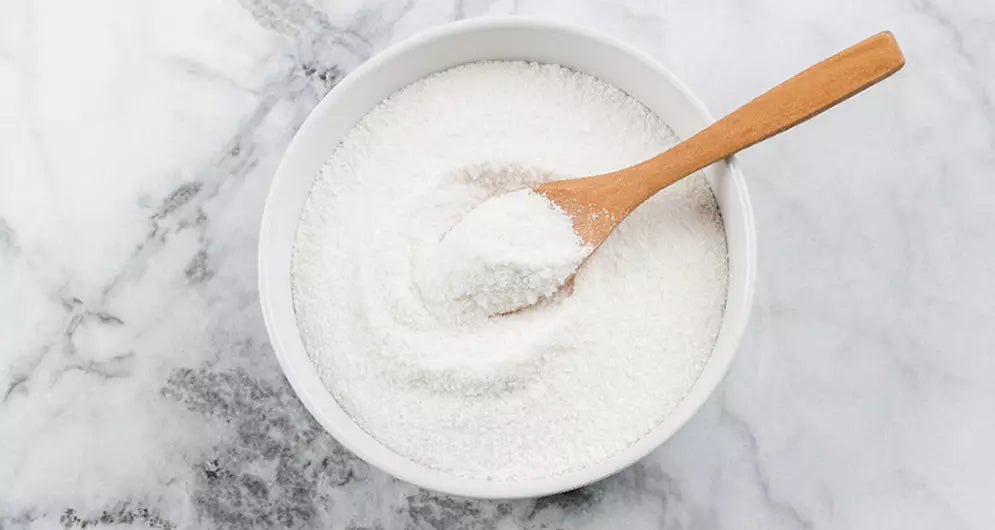Collagen was predominantly sought out by individuals looking to support beauty and youth. However, collagen is increasingly sought out today beyond just the benefits of beauty. It’s a hot ingredient widely recognized for attributes in wellness as well as performance. It’s also widely accepted among performance-driven athletes, diverse group of active adults and aging adults as well. Let’s take a look at why collagen continues to prove as one of the fastest growing trends.
What is Collagen?
Collagen is classified as a protein, but it’s unlike any other protein found in the body. What characterizes collagen is its availability and amino acid profile. Collagen has been identified as the most abundant protein found in in the human body. In fact, collagen makes up one-third of the body’s total protein and accounts for three-quarters of skin by dry weight. In addition, collagen is known for being high in three amino acids: proline, hydroxyproline and glycine. Despite these attributes, collagen is considered an incomplete protein, because it is low in or missing one or more essential amino acids. Therefore, collagen should not be replaced by other complete proteins in the diet.
Benefits of Collagen
Collagen functions differently within the body depending on the type of collagen. Collagens helps to provide structural support to various tissues in the body, contribute to mechanical properties, organization, and shape of tissues. First, collagen fibers also help to provide elasticity in skin, which is why you often seen collagen associated with beauty benefits around skin and joints . However, as mentioned previously, collagen has taken rise front seen in performance, because of its role in connective tissues. This is because collagen is found in connective tissues within the body, which include joints, ligaments, tendons and cartilage. Connective tissues are essential protein structures that help give the body structure and help connect muscle with bones.
Collagen in the Body
Every healthy adult produces collagen, but production naturally declines with age. After the age 25, collagen production naturally declines and can further accelerate depending on poor lifestyle choices such as smoking, excess sun exposure and pollution. As collagen production declines, skin integrity may decline becoming less elastic.
As you can see, collagen isn’t just a trend – it’s a necessity within the body to help support hair, skin, joint health and more. Fortunately, many healthy adults are beginning to see the important of collagen. However, keep in mind that although collagen is important – it should not replace other high-quality complete proteins.
Want to learn more? Check out part 2 of the collagen series to learn the top five myths around collagen.





